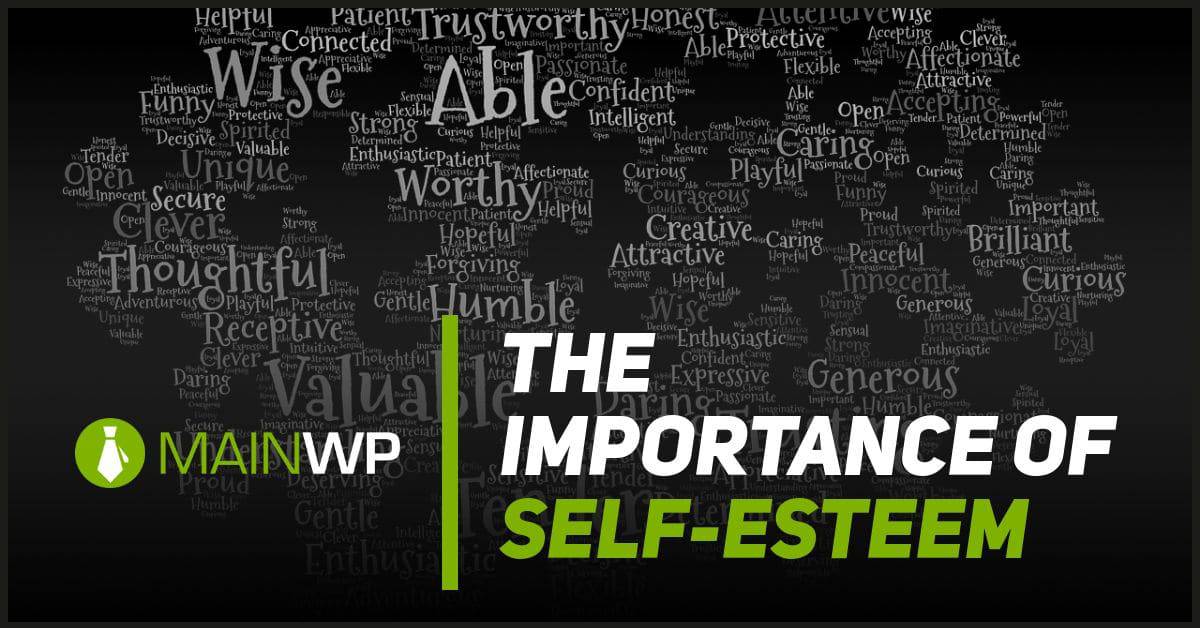“Greater self-esteem produces greater success, and greater success produces more high self-esteem, so it keeps on spiraling up.” -Jack Canfield
As human beings, we have a primal need for positive self-esteem; to feel good about ourselves. As people, we are strongly motivated to maintain a sense of consistency among the different belief systems and self-perceptions that make us who we are.
Problems arise when there are differences between our individual aspirations, versus our actual behaviors. When an actual experience falls short of what we believe we’re capable of, we tend to feel a pattern of negative emotions that can range from sadness, dissatisfaction, fear, or anxiety, which can, in turn, affect our productivity both in the workplace and at home.
The levels of discrepancies each person experiences between the actual self-conception and the ideal self are different and can be explored by using the self-discrepancy theory.

This theory states that people are motivated to remove disparity in self-guides, which are also internalized standards. In this theory, the actual self includes the attributes that people believe they actually possess; the ideal self, which contains the attributes that people ideally yearn to have (e.g., hopes, aspirations, and wishes), whereas the ought-self represents beliefs about the responsibilities, duties, and obligations of the self. (Higgins, 1987, p. 319-340)
As human beings, we have an innate desire to generally conform and feel affiliated with something; indeed, according to Maslow’s Heirarchy of Needs, one of our greatest needs is for Affiliation.

The need for self-esteem is a very highly-valued attribute in our society. People go to great lengths to preserve their sense of integrity, including having cosmetic surgery rather than face central logical issues, and tell themselves and others lies, rather than take personal responsibility for their own shortcomings, even when it is obvious to others that the truth is not being served. So how do we find a good balance? A lot of it begins with our thoughts, and also learning to love and respect ourselves the way we need to.

While in the past it has been written off to fashion norms in our society, it is getting to the point where children are taking their own lives from low self-esteem, being bullied, and feeling that they have to physically alter themselves in order to be accepted. The threat is there, and it is very real. Here are some steps you can take to improve your self-esteem and find the road to a better you, no matter what your past is or what walk of life you come from.
- Stop saying negative things to yourself or believing you “can’t.”
- Write out what you’re grateful for. Make a list right now of 1 to 100 things.
- Watch what you say to yourself. Replace negative thoughts with thoughts of gratitude, and repeat that process like a muscle until it becomes routine.
- Write out your goals. Visualize where you want to be, and focus on your dreams.
- Give yourself and others a compliment at least once a day.
- Evaluate your environment. Is it cluttered or do your walls need new paint? Make necessary positive changes to help you feel good about yourself.
- Try something new. Take up a new sport or hobby, or try a new food you’ve never tried before.
- Take a social media break. Focus on personal relationships and spend time with someone who makes you smile.
- Meditate, visualize, and make your dreams and goals a priority.
- Smile. Smiling releases endorphins and can powerfully shift your day.
- Reframe your thoughts. If you apologize a lot, instead of saying “I’m sorry,” say “thank you.”
Your productivity and overall happiness begins with you, and you hold the keys to making yourself happy. Start by first believing in yourself.








